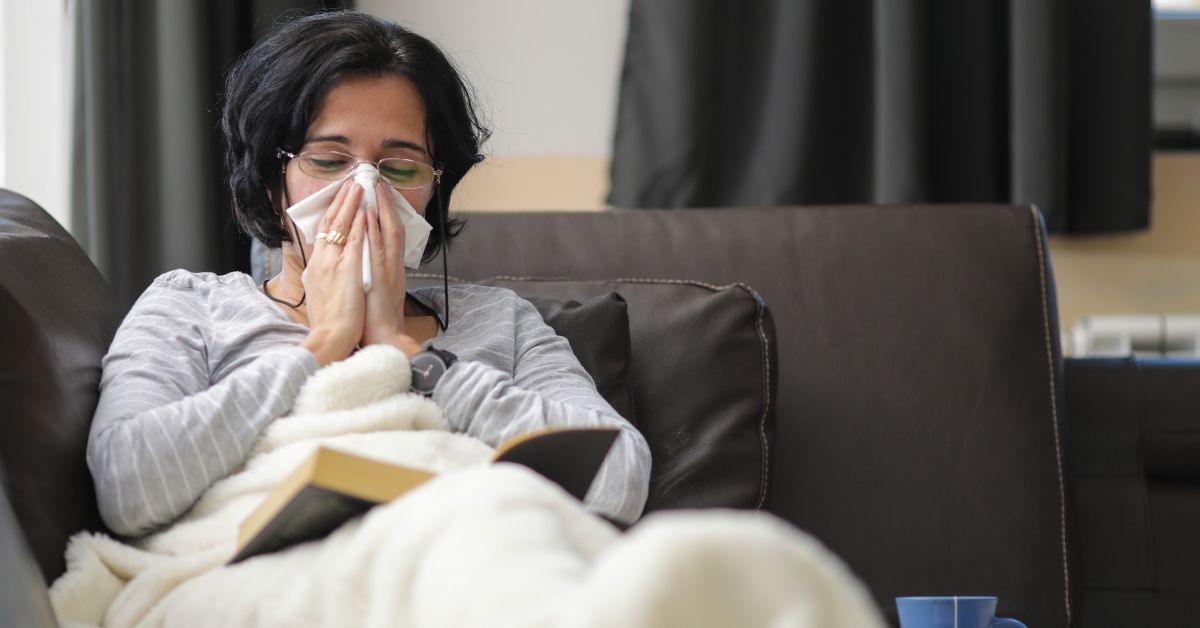When it comes to women’s health, breast cancer and menopause often take center stage in discussions and awareness campaigns. However, in addition to these conditions, it is crucial to shed light on a variety of other health problems that disproportionately affect women throughout their lives.
“Understanding health conditions that women may be more prone to is essential for early detection and effective management,” Amanda Ryan, MD, an OB-GYN at Bon Secours OBGYN in our Greenville market, says. “By staying informed and proactive about their health, women can take control of their well-being and lead healthier lives.”
Heart disease, cancer and stroke are the top three causes of death for women in the United States. While screening and treatment of these conditions are vital for women’s health, Dr. Ryan also wants to highlight some of the lesser-discussed diseases disproportionately affecting women.
Autoimmune diseases
Women are more commonly affected by autoimmune disorders such as rheumatoid arthritis, lupus and multiple sclerosis (MS). Autoimmune thyroid diseases, like Hashimoto’s thyroiditis and Graves’ disease, are also more common in women.
Thyroid disorders
Conditions like hypothyroidism and hyperthyroidism are more prevalent in women.
Osteoporosis
Women are four times more likely to be diagnosed with osteoporosis, a condition characterized by weakened bones and an increased risk of fractures. This risk increases with age for women after menopause.
Depression and anxiety
Women are more likely to experience depression and anxiety disorders compared to men. Hormonal fluctuations during the menstrual cycle, pregnancy and menopause may contribute to these higher rates.
Migraines
Women are more susceptible to migraines, and hormonal changes can sometimes be linked to the onset and severity of migraines.
Eating disorders
Disorders such as anorexia nervosa and bulimia nervosa are more prevalent among women.
Pelvic floor disorders
Conditions like urinary incontinence and pelvic organ prolapse are more common in women, especially after childbirth and during menopause.
But even with the incidence of these conditions, Dr. Ryan adds that regular check-ups, a healthy lifestyle and open communication with health care providers play pivotal roles in women maintaining and owning their health.
Learn about the women’s health services we provide at Bon Secours.





